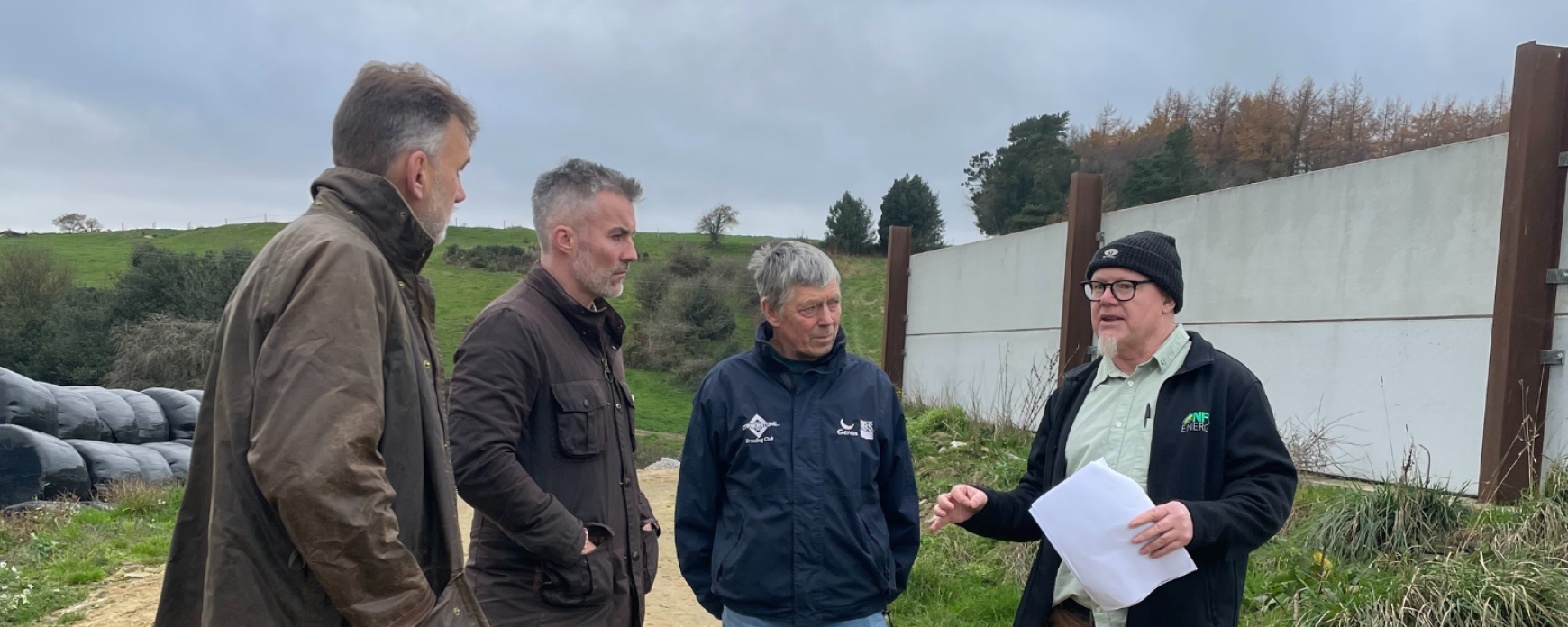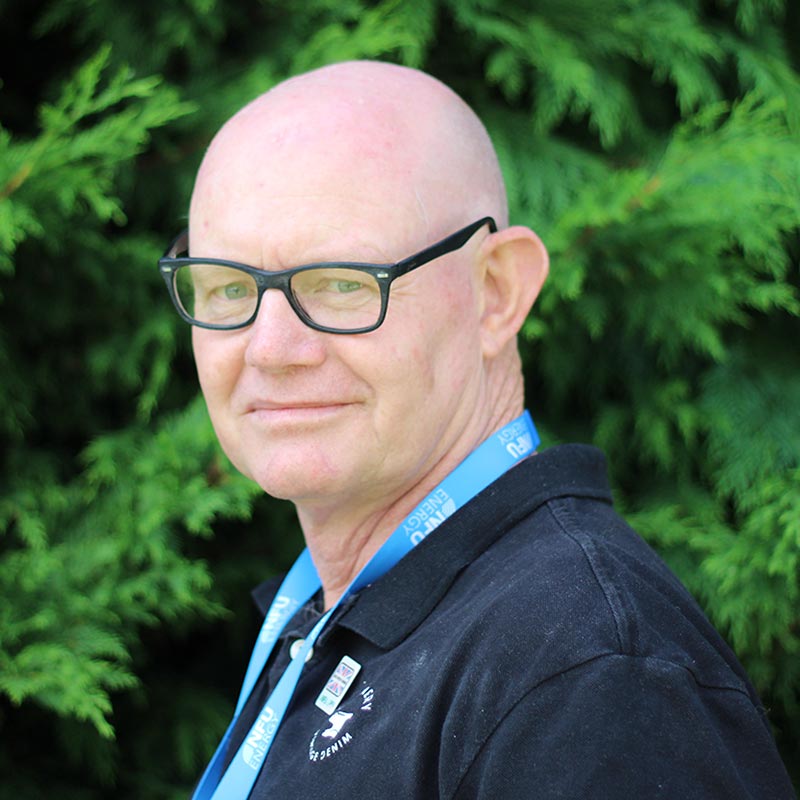York & North Yorkshire Combined Authority, in partnership with NFU Energy, is celebrating the successful progression of its fully funded decarbonisation pilot for farmers. With promising results from the first round of assessments, including energy audits and renewable energy feasibility studies, farms like Butter Park Farm, a 175-cow dairy operation, are already seeing actionable opportunities to enhance sustainability and efficiency.
Launched earlier this year, the initiative offers North Yorkshire farmers fully funded tailored assessments to reduce greenhouse gas (GHG) emissions, improve energy efficiency, and explore renewable energy options. Supported by North Yorkshire Council through the UK Shared Prosperity Fund, the programme is a vital step toward the region’s goal of becoming carbon negative by 2040.
Butter Park Farm, located in Whitby, exemplifies the pilot’s impact. Initial assessments identified cost-saving measures and renewable energy opportunities, setting the stage for further progress. Now, the farm is participating in the programme’s second phase, focusing on soil carbon analysis and biodiversity net gain assessments. These studies will establish a vital baseline for improving soil health, enhancing habitats, and building long-term resilience.
In November, the Mayor of York and North Yorkshire, David Skaith, joined programme partners at Butter Park Farm to showcase the initiative’s progress. Speaking on-site, Mayor David Skaith said:
“With over 70% of our area dedicated to agriculture, farming plays a pivotal role in our ambition to become carbon negative by 2040. This programme not only helps farmers reduce emissions but also equips them to manage rising energy costs – an area largely beyond their control – while laying the groundwork for sustainable, cost-effective practices that benefit both farmers and the environment.”
He continued:
“At the same time, we recognise the need for infrastructure improvements. Farms like Butter Park face significant limitations due to inadequate grid capacity, restricting access to three-phase power and renewable energy upgrades. That’s why we’re urging the government and grid operators to prioritise these upgrades, ensuring rural businesses can thrive and contribute to a carbon-negative future.”
The Mayor also emphasised York and North Yorkshire’s leadership in agricultural decarbonisation:
“Our region is uniquely positioned to trailblaze these efforts, offering valuable lessons for other areas across the country while learning from their experiences as well.”
Next Steps for Farmers
With 40 applications received, the project is now entering its second phase, referred to as the Farm Sustainability Programme. This phase adopts a whole-farm approach to decarbonisation, enabling farmers to assess various aspects of carbon emissions and capture across their operations, including soils, biodiversity, and energy. By building on the insights from energy audits and renewable energy feasibility studies in phase one, the programme provides a comprehensive roadmap to drive meaningful and sustainable change.
Roger Stones, Senior Energy Consultant at NFU Energy, reflected on the programme’s success:
“We’ve seen remarkable enthusiasm from farmers keen to embrace low-carbon technologies and improve efficiency. The additional assessments in this round will provide even deeper insights, ensuring a holistic approach to sustainable farming in North Yorkshire and beyond.”


